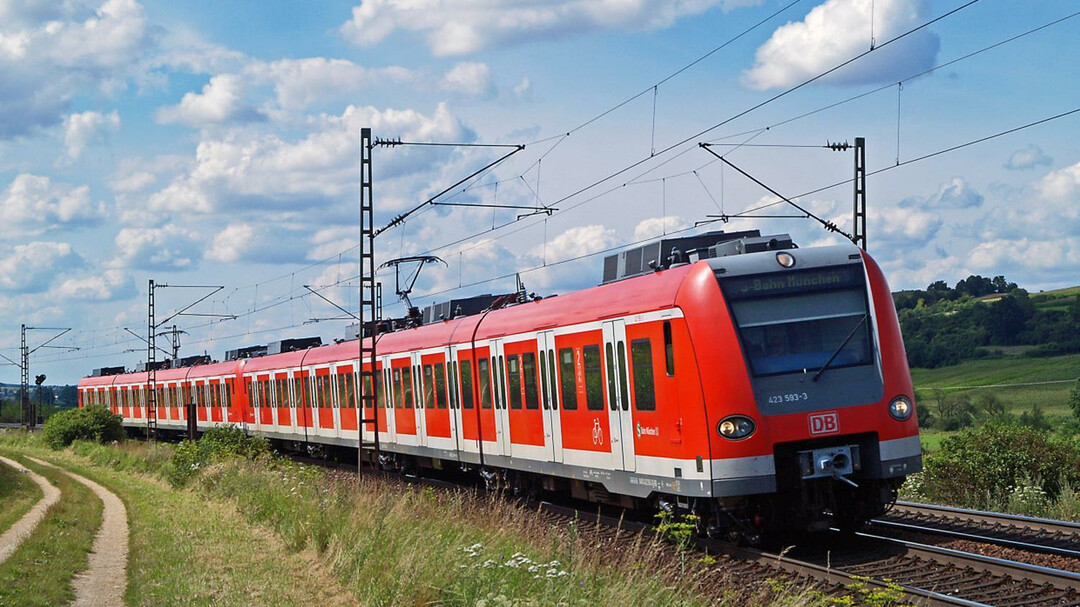Economy and business
German driver Union GLD wins and now there is a 35-hour work week in Deutsche Bahn

The German train drivers’ union GLD wins in its dispute with the German railways and gets what it wanted, at least from a theoretical point of view. The 35-hour work week with full pay compensation, as union leader Claus Weselsky had always demanded, is now introduced, although only after several steps in 2029.
For shift workers in GDL, working hours will initially decrease from 38 to 37 hours in 2026. By 2029, it will decrease by three further steps to 35 hours. Salary will not be reduced proportionally, DB Human Resources Director Martin Seiler explained Tuesday morning. Less work, more pay.
If desired, employees of GDL companies can work even longer hours. “Employees choose their actual working hours themselves,” Seiler says. Eventually, it is possible to do anything between 35 and 40 hours a week.
Those who choose to work longer should receive 2.7 percent more in hourly wages. Train drivers or passengers, for example, would earn about 14 percent more in a 40-hour week than in a 35-hour week.
An inflation compensation bonus of 2,850 euros and wage increases of 420 euros in two stages were also agreed upon. Again, the DB could hardly make any concessions to the demands of the GDL, which had initially insisted on a monthly supplement of 555 euros and a tax- and duty-free inflation compensation bonus of 3,000 euros.
The strike wave that lasted since November is now over, the railroad says. Labor peace will last until at least February 2026, and the strikes have cost Deutsche Bahn at least 200 million euros.
Deutsche Bahn prevails on the duration of the collective agreement.
In terms of bargaining conditions, however, Deutsche Bahn essentially prevailed. The agreement will be valid for 26 months until December 31, 2025, after which there will be a two-month negotiation phase during which strikes will not be possible. The term for the regulation of working hours does not expire until December 31, 2028.
In addition, in the future, the arrangements for arbitration should be agreed upon before negotiations begin in case they cannot be completed amicably. This creates “an orderly framework for the next round of tariffs,” the railroad explained.
Deutsche Bahn has accommodated the drivers’ union GDL in the collective agreement on the key issue of working hours. On Tuesday, the company announced that in the future, it will be possible to choose working hours for shift staff.
The union has repeatedly paralyzed rail traffic for days since November. In addition to hundreds of thousands of commuters, business travelers, and tourists, industry has been affected. Freight trains have been suppressed for days.
It now has to be seen how these decisions, which bring some peace back to the German labor world, will be reflected in the cost of rail bridges and the railroad company’s bottom line. Because, barring greater use of automation, someone will have to pay for the reduced timetable, and it will probably be the consumers with the most expensive tickets.
What will be left of the German reen policy that staked everything on the train?






